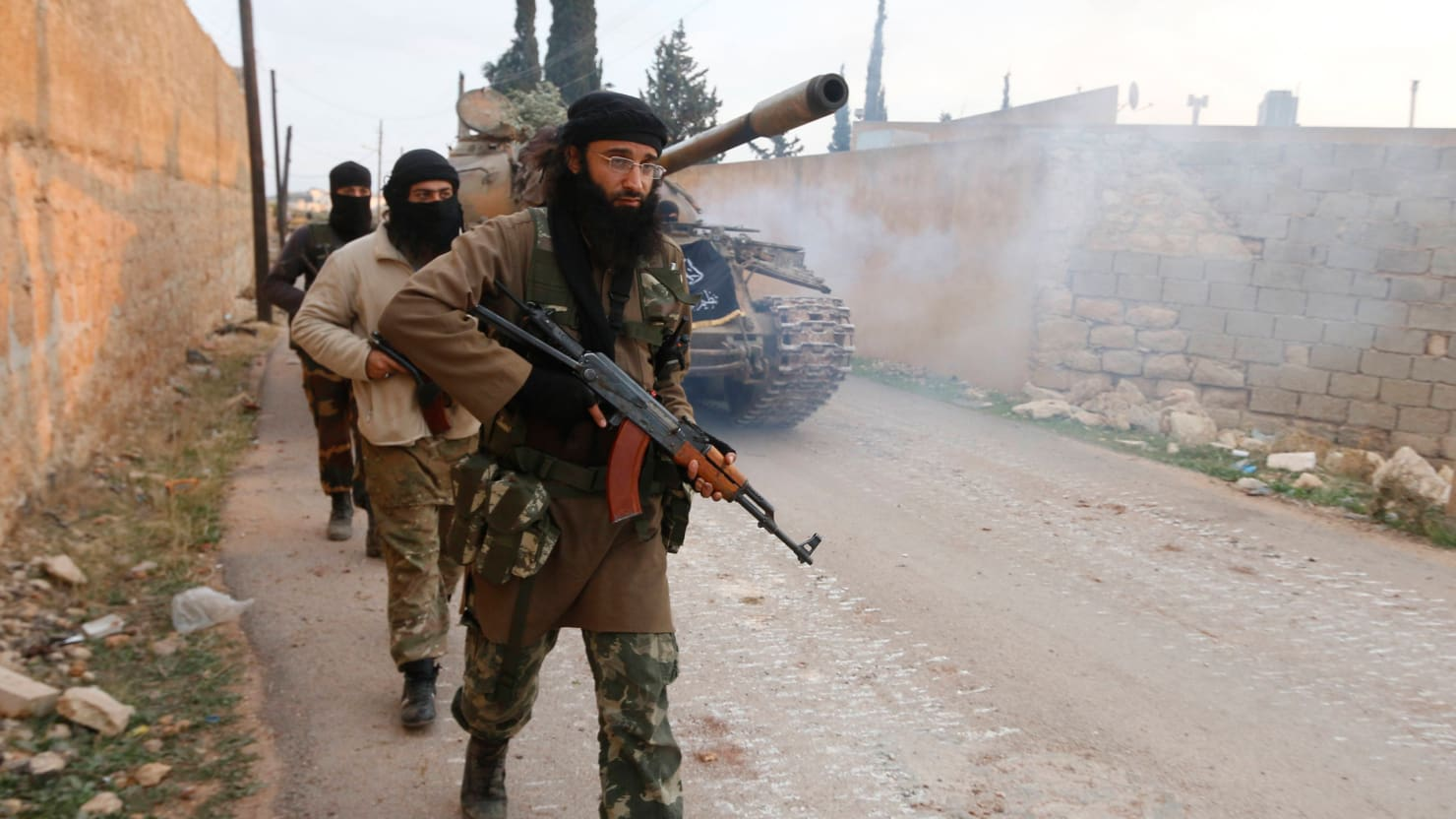BOBBY FRETZ WRITES — The world is no stranger to the terrorist organization Daesh, commonly known as ISIS. The group has been a topic of mainstream media for the last five years. With its dramatic uprising in Syria and Iraq in 2013, it might be common for people to view them as another middle eastern terrorist organization like Al Qaeda. What may be more uncommon is the understanding of how far ISIS’s sphere of influence has reached. The jihadist group has left its mark across the world, spreading to all parts of the globe.
That footprint includes rapid growth and development in Southeast Asia. Over the past several years, the region has seen a dramatic change from Al-Qaeda focused organizations to Daesh. In 2016 and 2017, large-scale attacks were carried out in the Philippines, Malaysia and Indonesia. ISIS has left its mark across this part of Asia, thousands of miles away from where it started. This is possibly due to the organizations unique focus on its social media presence.
ISIS has used social media platforms to promote and demonstrate their ideas and values on multiple occasions. Videos, posts, blogs, and more are all tools ISIS uses to push its message. The propaganda depicts a large array of images and messages, including explicit videos such as the beheading of women and children. While a rational decent person would demonize the organization’s actions, one cannot dispute that it have successfully used this propaganda to promoting the group’s interests. Without it, attacks happening in the streets of Jakarta and the vision and message of the group, would not have spread so far.
Looking to the future, with Asia home to the world’s largest population of Muslims, Southern Asian governments need to be aware of the spread of ISIS over social media and rapidly look to counter it. Many view ISIS as a radical uprising against the Shiite government in Iraq. With Shiite practices outlawed in Malaysia, and widely rejected in Indonesia, ISIS could potentially use its social media power to influence many citizens in these countries. It’s obvious that to provide the best possible safety for its citizens, the governments in the region should be looking into ways to minimize the effects of ISIS propaganda. What is difficult is making it happen.

